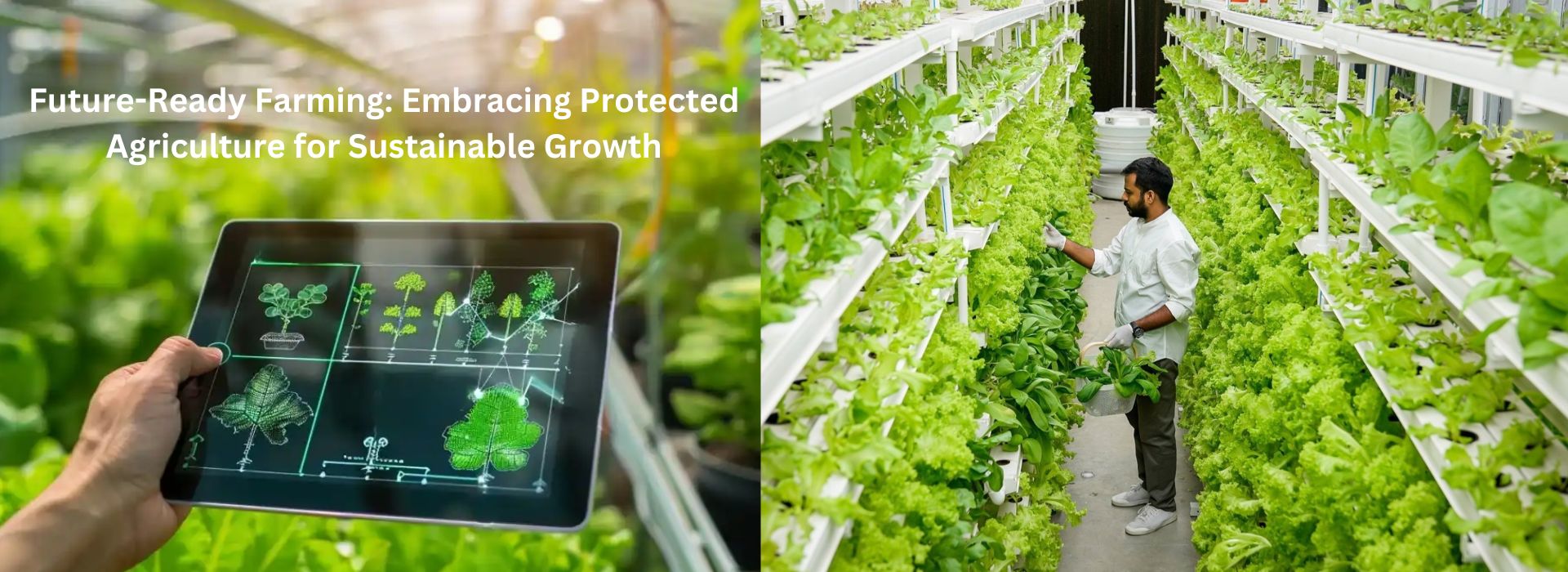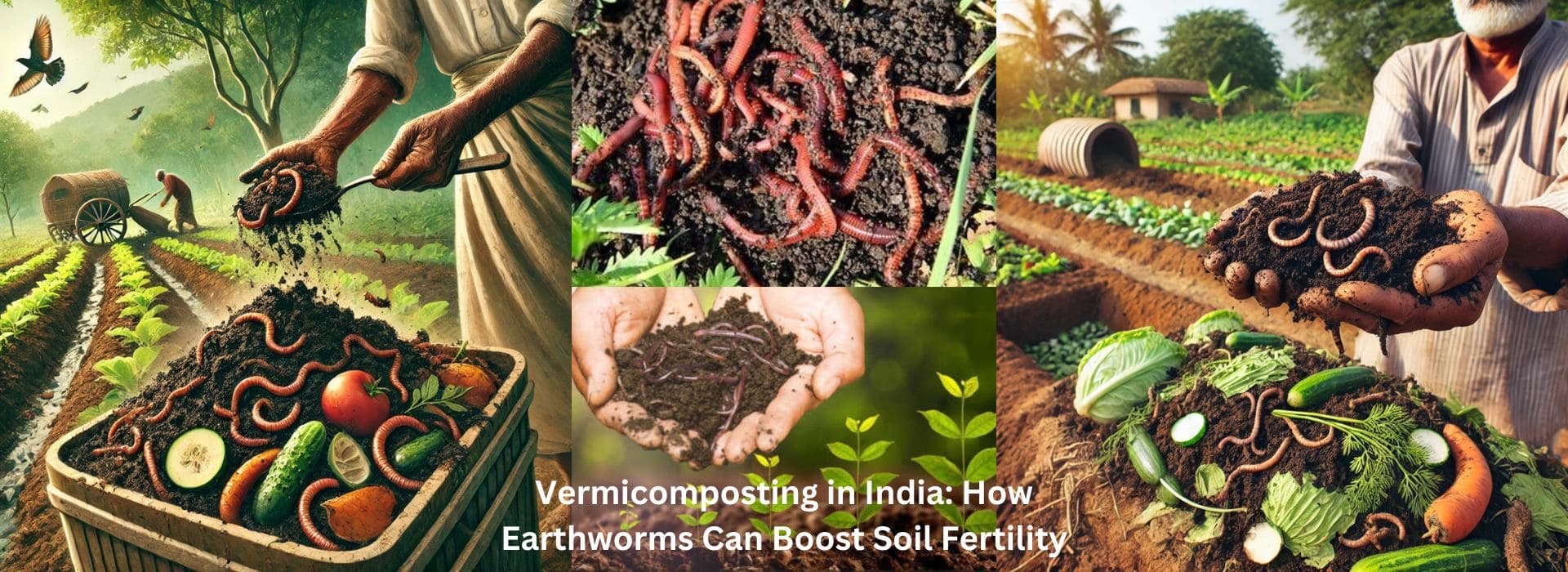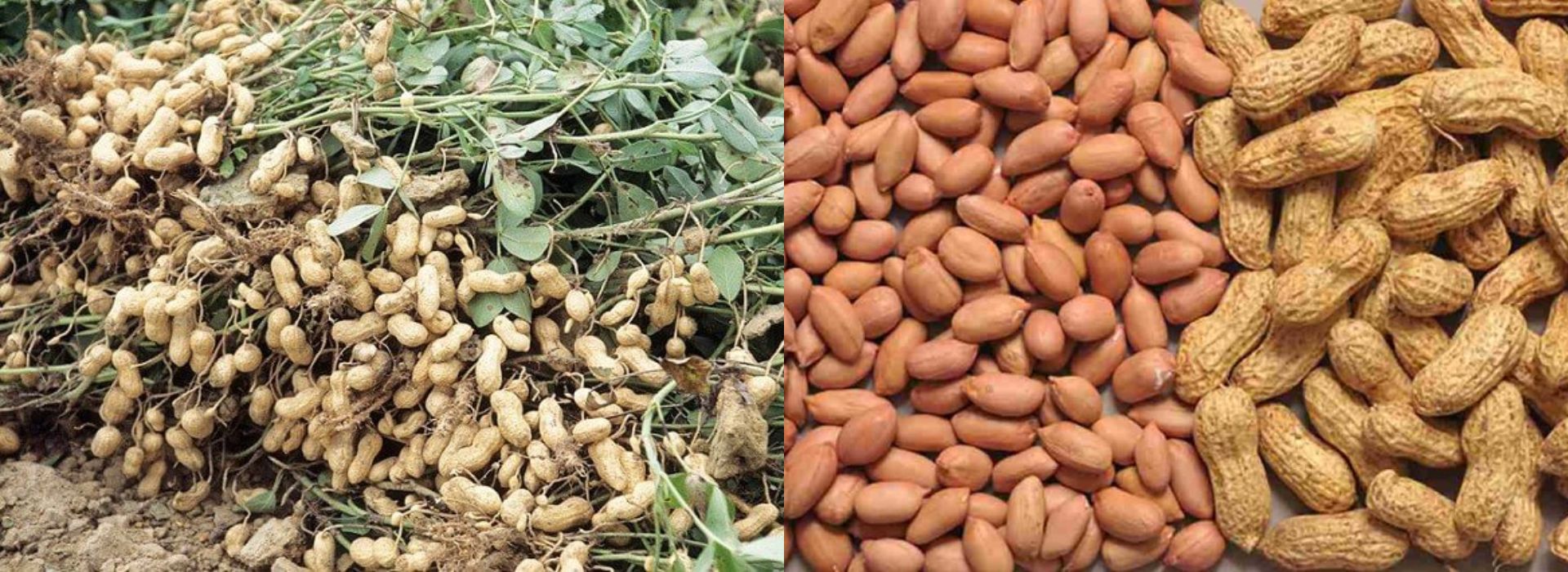The Role of Plant Growth Promoters for Better Quality Plants and Crops
April 17, 2024the quest for improving agricultural productivity and
ensuring food security, researchers and farmers are constantly seeking
innovative methods to enhance plant growth and crop yield. Among the various
strategies employed, the use of plant growth promoters (PGPs) has emerged as a
promising approach. These natural or synthetic substances play a vital role in
stimulating plant growth, increasing stress resistance, and ultimately
improving the quality of plants and crops. In this blog, we delve into the
significance of PGPs and their impact on agriculture.
Understanding Plant Growth Promoters:
Plant growth promoters encompass a diverse range of
compounds that influence plant growth and development positively. These
substances can be categorized into different groups based on their mode of
action, including hormones, biostimulants, and microbial inoculants.
Plant Hormones:
Plant hormones, also known as phytohormones, regulate
various physiological processes in plants, such as seed germination, root and
shoot growth, flowering, and fruit development. Some key plant hormones include
auxins, cytokinins, gibberellins, abscisic acid, and ethylene. These hormones
can be applied exogenously to manipulate plant growth and development according
to agricultural needs. For example, gibberellins are used to promote flowering
and fruit set in certain crops, while auxins are employed to stimulate root
development and enhance nutrient uptake.
Biostimulants:
Biostimulants are substances that promote plant growth
through physiological or biochemical means, without being nutrients or
pesticides. They include various compounds such as amino acids, humic and
fulvic acids, seaweed extracts, and microbial derivatives. Biostimulants
enhance plant growth by improving nutrient uptake, increasing tolerance to
abiotic stress, and stimulating metabolic processes. They can be applied
through foliar sprays, soil drenches, or seed treatments to enhance plant vigor
and productivity.
Microbial Inoculants:
Microbial inoculants consist of beneficial microorganisms,
such as bacteria, fungi, and mycorrhizae, that establish symbiotic
relationships with plants and promote their growth. These microbes enhance
nutrient availability, fix atmospheric nitrogen, suppress plant pathogens, and
improve soil structure. For example, rhizobia bacteria form nodules on legume
roots and fix atmospheric nitrogen, providing a natural source of nitrogen
fertilizer for the plants.
Impact on Plant and Crop Quality:
The application of plant growth promoters offers several
benefits that contribute to the overall quality of plants and crops:
Increased Yield: By promoting root development, enhancing
nutrient uptake, and improving stress tolerance, PGPs help increase crop yields
and optimize production.
Enhanced Nutrient Content: Certain PGPs can improve the
nutrient content of plants, leading to higher nutritional value in crops. For
instance, foliar application of seaweed extracts has been shown to increase the
levels of antioxidants and minerals in fruits and vegetables.
Better Disease Resistance: PGPs bolster the plant's natural
defense mechanisms, making it more resilient to diseases and pests. This
reduces the need for chemical pesticides and promotes sustainable agriculture
practices.
Improved Shelf Life: PGPs can enhance the post-harvest shelf
life of fruits and vegetables by delaying senescence and reducing spoilage.
This ensures that produce remains fresh and marketable for longer periods,
reducing food waste.
Conclusion:
Plant growth promoters represent a valuable tool in modern
agriculture for improving the quality and productivity of plants and crops. By
harnessing the power of hormones, biostimulants, and microbial inoculants,
farmers can optimize resource utilization, reduce environmental impact, and
meet the growing demand for high-quality food. However, it's essential to use
PGPs judiciously, considering factors such as crop type, soil conditions, and
environmental sustainability, to achieve maximum benefits while minimizing
adverse effects. With further research and innovation, the potential of plant
growth promoters in agriculture is boundless, offering new avenues for
sustainable food production and global food security.
At krishibazaar.in, you can find and buy various agricultural products. For
agricultural guidance on selecting the most suitable products for your crops,
please contact or WhatsApp at +917887880887






Guest reviews
No reviews found for this Blog